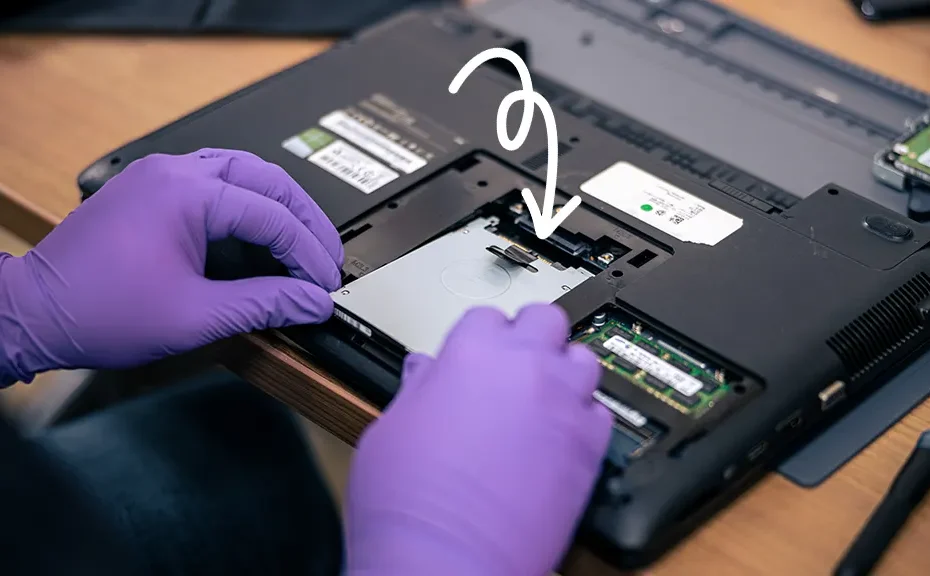In the digital age, our lives are stored on our computers—photos, videos, music, apps, and more. But what happens when that trusty old hard drive starts showing signs of wear and tear? Is it time to bid farewell to your faithful companion and invest in a new computer? Let’s break it down in simple terms.
Average Lifespan of a Hard Drive:
The lifespan of your hard drive depends on several factors, including its quality, type (hard disk or solid-state), and usage. Generally, hard disk drives (HDDs) last between 3 to 5 years, while solid-state drives (SSDs) have a longer lifespan of around 10 years or more.
Hard Disk Drives vs Solid-State Drives:
HDDs are more common and offer greater storage options at a cheaper price, but they have more moving parts and are less durable. On the other hand, SSDs access data faster and are more reliable due to their lack of moving parts. While SSDs cost a bit more upfront, they tend to last longer than HDDs.
How Long Do External Hard Drives Last?
External hard drives, whether HDDs or SSDs, have similar lifespans to their internal counterparts. However, their portability increases the risk of damage, making them slightly less reliable over time.
Signs of Hard Drive Failure:
It’s essential to keep an eye out for signs that your hard drive may be failing, such as unusual noises, overheating, system crashes, slowed performance, or missing/corrupted data files. Recognizing these signs early can help you prepare for a potential failure.
How to Prepare for Hard Drive Failure:
While hard drive failure is inevitable, you can take steps to mitigate its impact. The best way to prepare is by regularly backing up your data. Whether it’s through external drives or cloud storage, having copies of your important files can save you from losing everything in the event of a failure.
Conclusion:
In the world of technology, nothing lasts forever, and hard drives are no exception. Understanding the lifespan of your hard drive and being proactive in backing up your data are crucial steps in safeguarding your digital memories and work. By staying vigilant for signs of failure and implementing a solid backup strategy, you can ensure that your data remains safe and accessible for years to come.
FAQ:
1: How often should I back up my data?
It’s recommended to back up your data regularly, ideally on a weekly or monthly basis, depending on how frequently you create or modify files.
2: Can I extend the lifespan of my hard drive?
While you can’t prevent hard drive failure entirely, you can prolong its lifespan by keeping your computer well-ventilated, avoiding physical shocks or drops, and minimizing unnecessary read/write operations.
3: What’s the difference between cloud storage and external drives for backups?
Cloud storage allows you to store your data remotely on servers maintained by a third party, offering accessibility from anywhere with an internet connection. External drives, on the other hand, provide a physical backup solution that you can access directly from your computer. Both options have their advantages, and using a combination of both ensures redundancy and added security for your data
